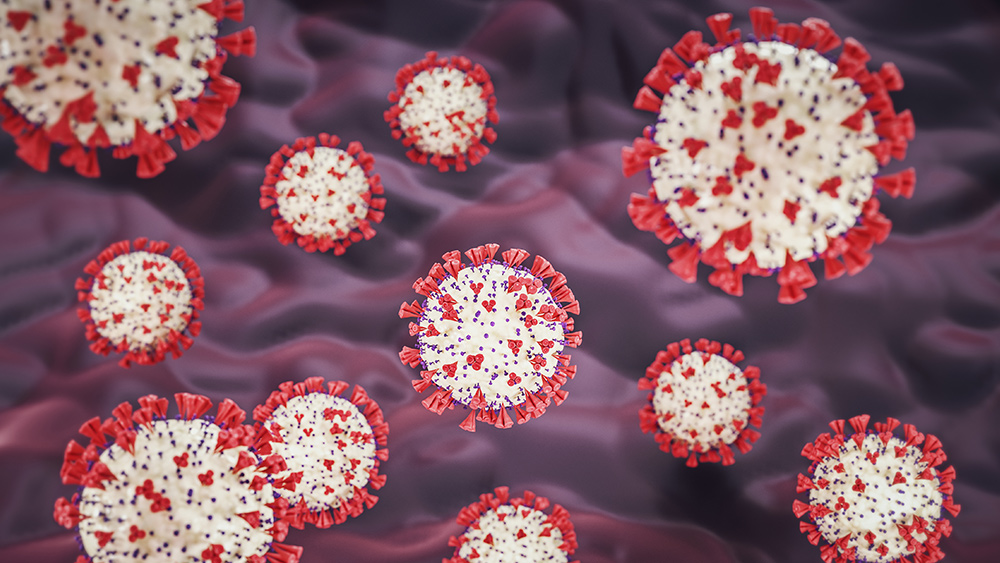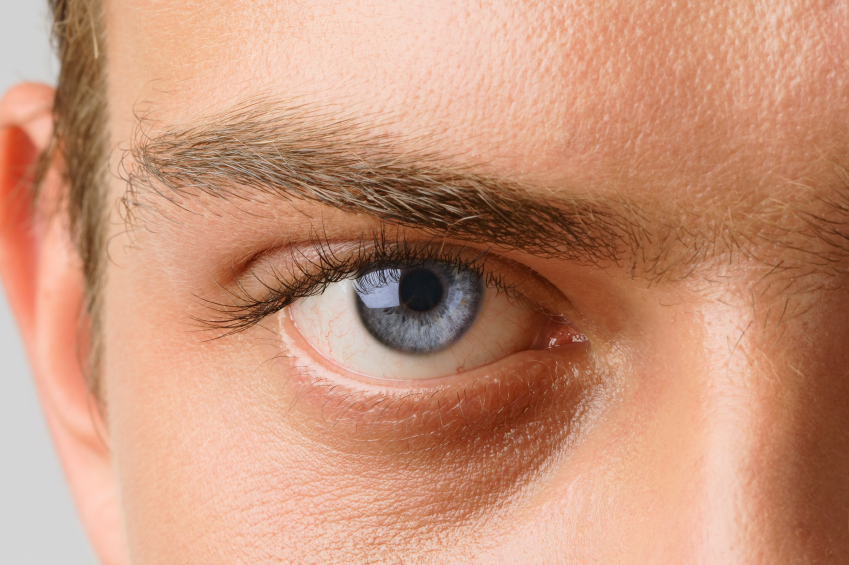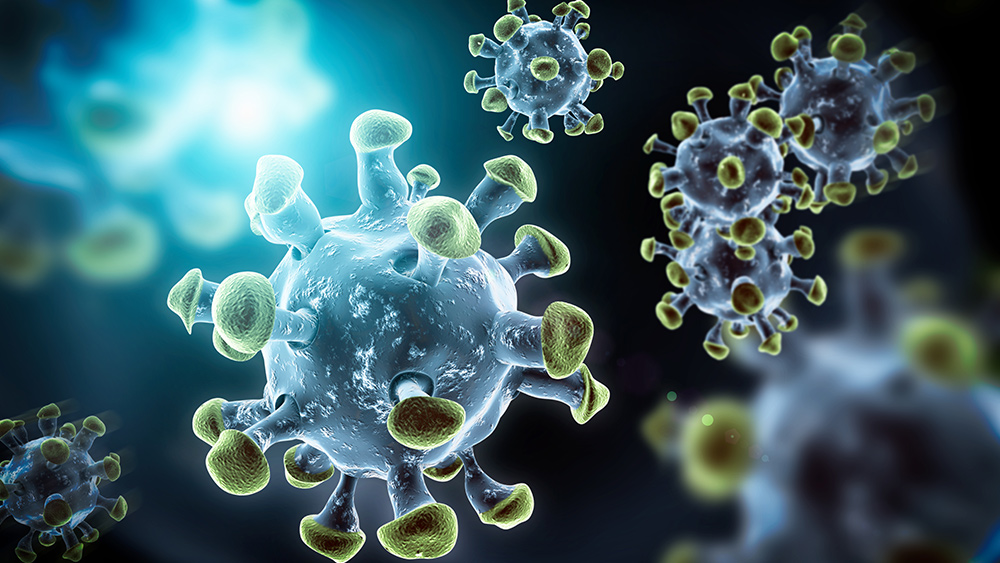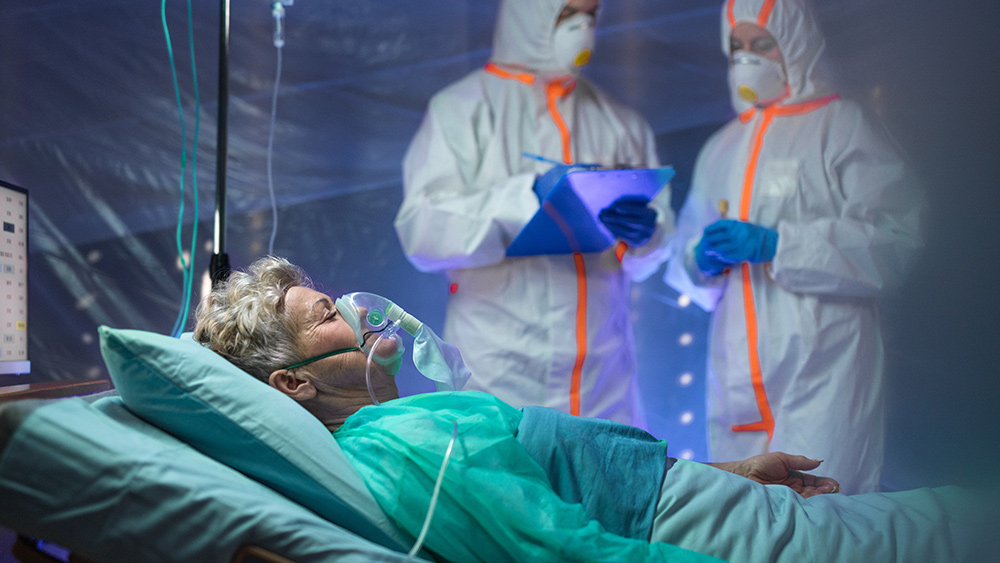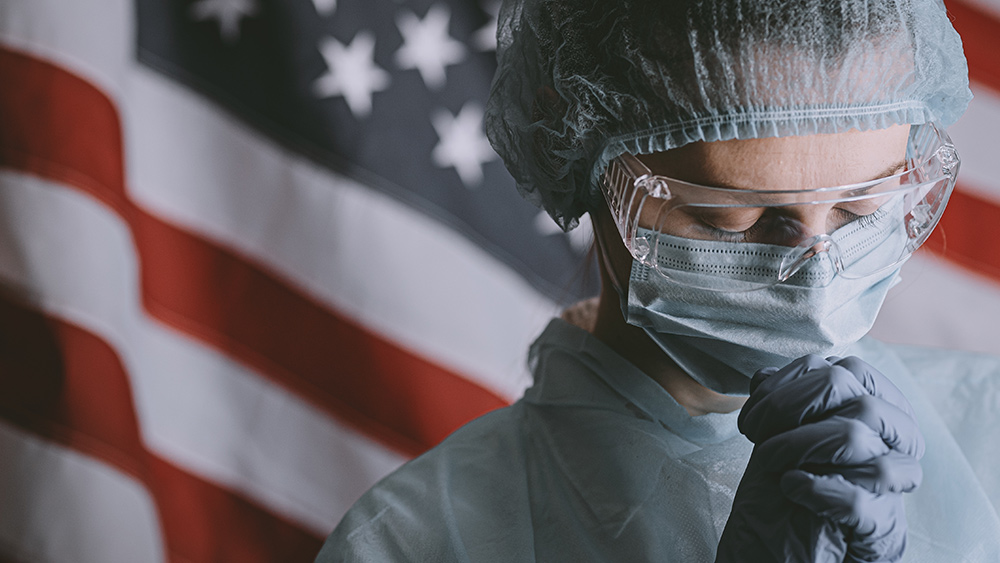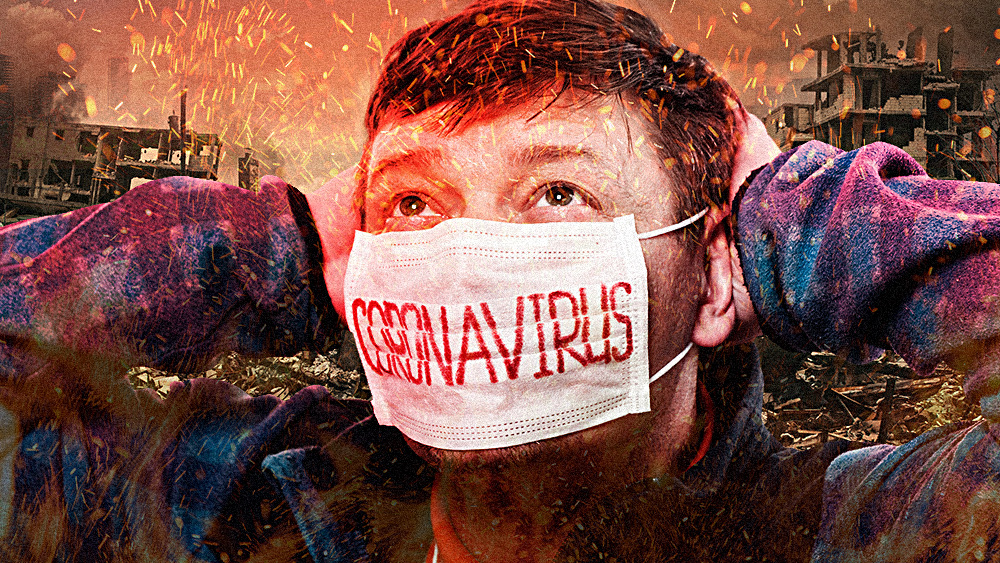Should states be lifting their lockdowns on the basis of unapproved – and therefore unreliable – Chinese coronavirus tests?
04/23/2020 / By Tracey Watson

Americans have had enough. They want to return to work. They want their children to get back to school. They want to be able to socialize with friends and family. They want everything to go back to exactly how it was before COVID-19 took over the world.
This desperation for a return to normalcy is totally understandable. But attempting to do so without the necessary tools being put in place to keep the enemy at bay could spell eventual defeat.
Experts have repeated over and over again that the only way for any country – including the United States – to safely return to some semblance of normalcy – at least until a treatment or vaccine is developed – is to test as widely and as accurately as possible. This will enable public health officials to quickly and effectively identify outbreaks while they are still small flames, rather than when they have become raging fires, impossible to douse.
In other words, the entire future of the American response to the pandemic hinges on testing. But what if the tests being used to make life and death decisions are not reliable?
NBC News recently reported that several states are using tests from China that were not approved by that country’s National Medical Product Administration, the Chinese equivalent of the FDA. These tests are so unreliable, in fact, that China has barred their export. (Related: Coronavirus tests are still incredibly difficult to access … unless you’re rich or famous.)
Unreliable testing could lead to the wrong decisions
Testing is being widely touted as the sure way to reopen the economy – the only way, in fact, to determine which employees are healthy and can return to work. But unreliable tests which provide either false negative or false positive results could seriously undermine efforts to lift lockdown restrictions and get people back to work safely.
The United States has conducted close to 4.2 million tests, according to sources like Worldometers.info. But, as impressive as this may sound, the number of tests conducted becomes irrelevant if those tests are not reliable.
Two U.S. companies — Premier Biotech of Minneapolis and Aytu Bioscience of Colorado — have been distributing the tests from unapproved Chinese manufacturers, according to health officials, FDA filings and a spokesman for one of the Chinese manufacturers. Many of the unapproved tests appear to have been shipped to the U.S. after the FDA relaxed its guidelines for tests in mid-March and before the Chinese government banned their export just over two weeks later.
Some of these tests have reportedly been used by public health departments in both Los Angeles and Denver, and have also been provided to urgent care centers in North Carolina and Maryland.
And health officials are concerned about the possible implications of the use of these unreliable tests. (Related: Did CDC deliberately delay testing kits, allowing the coronavirus to spread?)
NBC News reported further:
Officials at the Association of Public Health Laboratories have expressed concern about the reliability of the numerous antibody tests being sold or used across the country with little scrutiny. Scott Becker, the association’s chief executive, told NBC News that FDA officials are working with the Centers for Disease Control and Prevention, the National Institutes of Health and the Biomedical Advanced Research and Development Authority to evaluate the performance of the tests.
While reigniting the economy is of utmost importance and needs to happen as quickly as it is safe to do so, healthcare officials need to ensure that the tests used to determine just how widespread COVID-19 is within the United States, as well as who can safely get back to work, are 100 percent reliable. If not, we might be left facing disaster on a scale we can hardly imagine.
Stay informed, stay alive. Bookmark Pandemic.news.
Sources for this article include:
Tagged Under: China, coronavirus, coronavirus testing, covid-19, Denver, economy, isolation, lifting restrictions, lockdown, lockdowns, Los Angeles, maryland, North Carolina, outbreak, pandemic, testing kits, unapproved tests, unreliable tests

